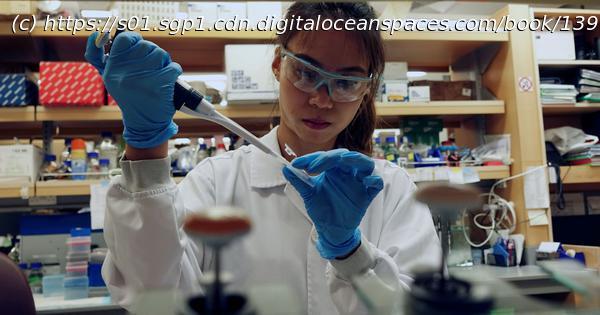It is necessary to realise that the real cost of good research is time.
Donald Trump may be “very confident” we will have a vaccine for Covid-19 by the end of the year, but the rest of us should be more cautious. Billions of dollars are being spent trying to develop vaccines and treatments as a more permanent solution to the crisis than the lockdowns currently being enforced around the world.
As of May 2020, there are 182 treatments and 99 different vaccines being developed globally. But based on recent history, only one or two are likely to be transformative, a couple may be partially helpful, some will be shown as downright dangerous, and the majority will have conflicting evidence as to their effectiveness.
This is because medical research is a slow and painstaking process. It is also very complicated and easy to come to the wrong conclusions.
One good thing to have come out of the coronavirus pandemic seems to be a renewed trust in experts. The routine presence of scientists at government briefings seems to recognise that rather than deserving our suspicion, we need these people to beat the virus.
But more trust in experts means more scrutiny of science as it happens – the latest studies showing promising results are now headline news. This can be worrying because, while there is no doubt that treatments for Covid-19 will eventually be found, it is easy for enthusiasm to turn into cynicism if expectations are not met as quickly as the public and politicians may hope.
There seems to be little recognition that, while thousands of drugs have shown promise in early animal or clinical tests – for example, the vaccine trials at the University of Oxford – the vast majority that show early promise will never make it into routine clinical use. On average, it takes 12 years and over $1 billion to get a drug to market.
I chair a research ethics committees. Over the past few years I have reviewed thousands of research protocols representing the very best, and occasionally some quite poor, examples of medical research.
Good research is defined as rigorous and reliable, producing results that are not only interesting, but are practical, useful and in some cases, transformative.
Домой
United States
USA — Financial Don't get your hopes high. A Covid-19 vaccine is unlikely to arrive...






